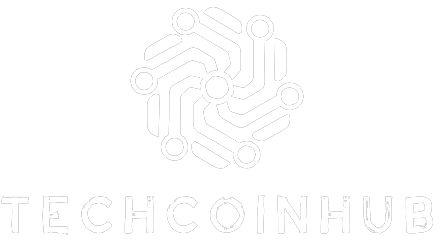Artificial Intelligence (AI) has been a burgeoning field of technology, with rapid advancements and transformative potential. As we look to the future, it is crucial to examine the path AI is taking, the challenges it faces, and the implications it will have on society, economy, and humanity as a whole.
Advancements
The advancements in AI over the past decade have been nothing short of remarkable. Machine learning algorithms have significantly improved, allowing AI systems to process vast amounts of data and learn patterns, resulting in more accurate predictions and decision-making. Additionally, deep learning techniques have empowered AI to understand complex data such as images, videos, and natural language.
The rise of AI in various sectors has been notable. Healthcare has witnessed AI-powered diagnostic tools that can quickly and accurately detect diseases, improving patient outcomes. In the transportation sector, autonomous vehicles have the potential to enhance road safety and revolutionize transportation infrastructure. AI-powered virtual assistants have become prevalent, making our day-to-day lives more convenient.
Furthermore, AI has fostered significant advancements in robotics. Intelligent robots are now capable of performing complex tasks and interacting with humans in more natural ways. This creates possibilities for AI to augment and automate jobs, leading to increased efficiency in industries such as manufacturing and logistics.
Challenges
Despite the promising advancements, AI is not without its challenges. Ethical considerations and potential biases in AI algorithms need to be addressed. AI systems are only as good as the data they are trained on, and if the training data is biased, the AI systems can inadvertently perpetuate discrimination. Transparent and fair AI algorithms are crucial for building trust and ensuring equity.
Cybersecurity is another significant challenge. As AI becomes more pervasive in critical infrastructures, the vulnerability to cyberattacks increases. Ensuring robust security measures and safeguards to prevent malicious use of AI technologies is paramount.
The impact of AI on the workforce is a concern as well. While AI has the potential to create new job opportunities, it also poses the risk of displacing traditional roles. Reskilling and upskilling programs will become vital to mitigate job losses and ensure a smooth transition into the future of work.
Implications
The implications of AI extend beyond technological advancements. AI has the power to reshape our society and economy significantly. With automation, certain industries may experience disruptions, leading to economic inequality if not managed proactively. Governments and policymakers must plan for these disruptions by adopting policies that promote job creation and guarantee economic inclusivity.
AI also raises important ethical questions. As AI systems become more autonomous, decisions made by algorithms will impact people’s lives. Establishing ethical frameworks and regulations that guide the development and deployment of AI is crucial to ensure accountability and prevent unintended consequences.
The future holds immense potential for AI-powered solutions in areas such as healthcare, climate change, and education. However, it is essential to strike a balance between responsible AI development and protection of privacy rights. Stricter data privacy regulations and heightened transparency in AI practices will be necessary.
Conclusion
The future of AI is poised for remarkable advancements, but it also comes with its fair share of challenges and implications. The responsibility lies with developers, policymakers, and society as a whole to steer AI in a direction that maximizes benefits while minimizing risks. With thoughtful planning, collaboration, and ethical guidance, we can shape an AI-powered future that benefits everyone.

